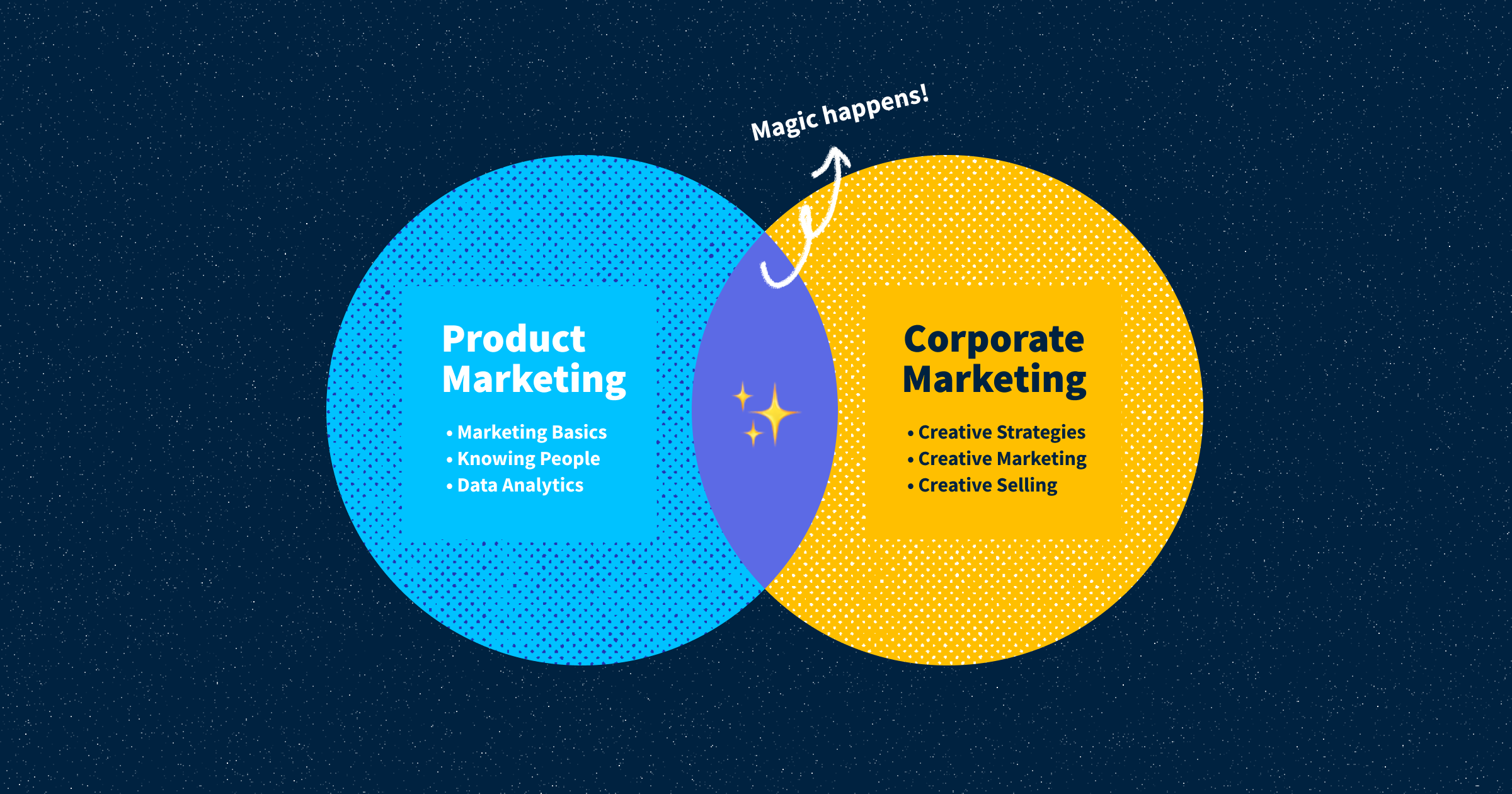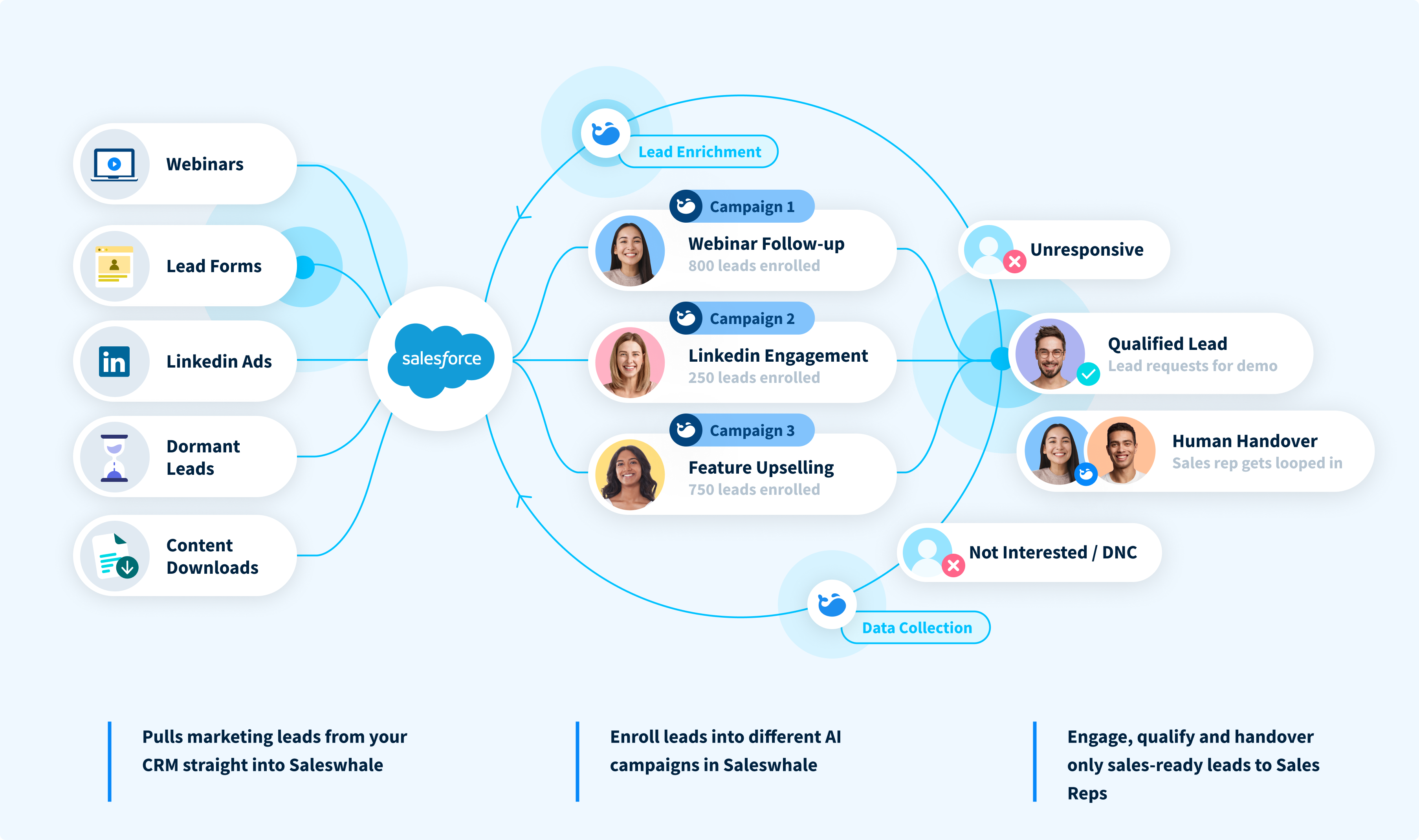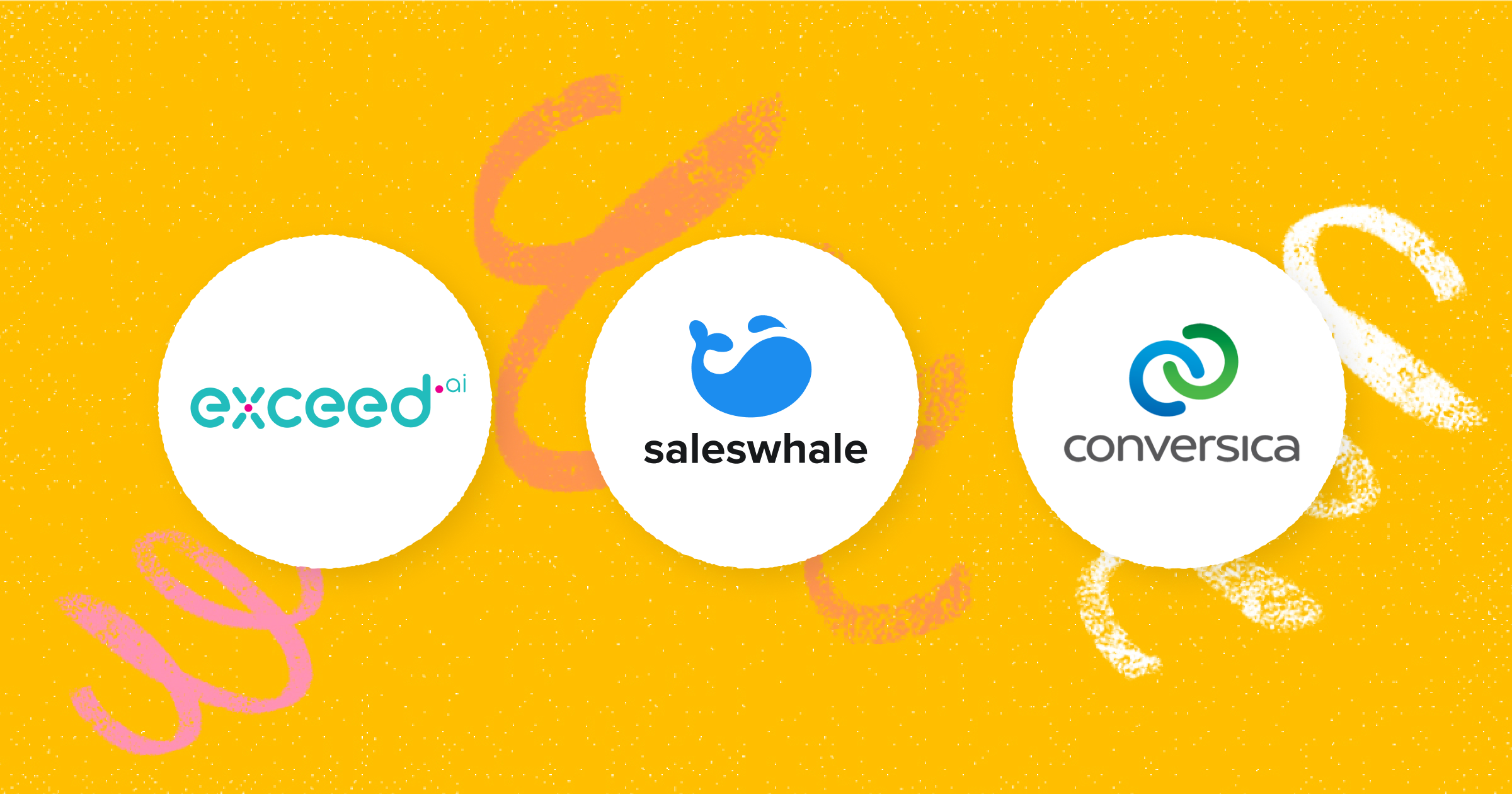Saleswhale Blog | 2 Min Read

Every marketing team is comprised of product and corporate-focused professionals. Their goals might not always align, but they work towards increasing revenue, leads, and sales opportunities. Moving these metrics means these two teams, product marketing, and corporate marketing, have to work together to make sales conversations more accessible, right? Well, that's how it's supposed to be. In reality, both teams are often misaligned and misinformed about the other's objectives. So what exactly are the differences between product marketing and corporate marketing?
Product Marketing is a science that requires precision, knowing the right formulas that customers will be more likely to convert.
Corporate Marketing is an art that requires experimentation to attract more opportunities. It requires frequent testing and finding what gets people's emotions and hearts and making customers pay attention.
All marketers have to be both a fantastic storyteller and be great listeners.
Product Marketers master the science of knowing how to listen and when to ask the right questions. They actively listen to their buyers and prospects to uncover how to convert better. By digging deep into surveys, feedback forms, face-to-face interviews, zoom focus groups, studying Gong calls––they know how to appeal to you.
Corporate Marketers have to master the art of painting a memorable story on a canvas you will share. It requires captivating and potent storytelling that resonates and sticks in a competitive market. Hence, Corporate Marketers use every opportunity to share the brand and its awesomeness making their touch points memorable.
Product Marketers value their success hinges on data and metrics. Activities include demand in the form of sign-ups, cross-sells, and frequency of feature adoption. The tangible results of a product marketer's work typically include:
On the other hand, Corporate Marketers measure their worth on the "magic spell" they can create. Growing followers, getting more engagement in the form of shares and content, having as many user-generated reviews and testimonials, and even the number of viral content pieces. The tangible results of a product marketer's work typically include:
So the real question is with limited resources, which should your company practically invest in first?


Catherine Farley is the Director of Marketing at Saleswhale. She has 10+ years experience designing unimaginable marketing campaigns and storytelling. Catherine is the proud owner of two Great Pyrenees and due to their shedding is rarely seen wearing black.
Sign up for cutting edge ideas on conversational marketing, AI assistants and martech.

Saleswhale for Salesforce allows you to build powerful automated lead conversion workflows. This allows you to re-engage with your neglected marketing leads at...
19 APR 2021

Demand generation and marketing teams generate more leads at the top of the funnel than ever in this new digital-first world. Saleswhale helps ensure those...
1 MAR 2021

Marketers that focus on MQLs end up doing the wrong things in order to achieve the metrics. So I changed it.
16 JUN 2020

Conversica isn't the only player out there. Learn how Saleswhale and Exceed.ai compare and make an informed decision.
15 APR 2021
By providing your email you consent to allow Saleswhale to store and process the personal information submitted above to provide you the content requested.
You can unsubscribe at any time by clicking the link in the footer of our emails. For information about our privacy practices, please visit our privacy page.